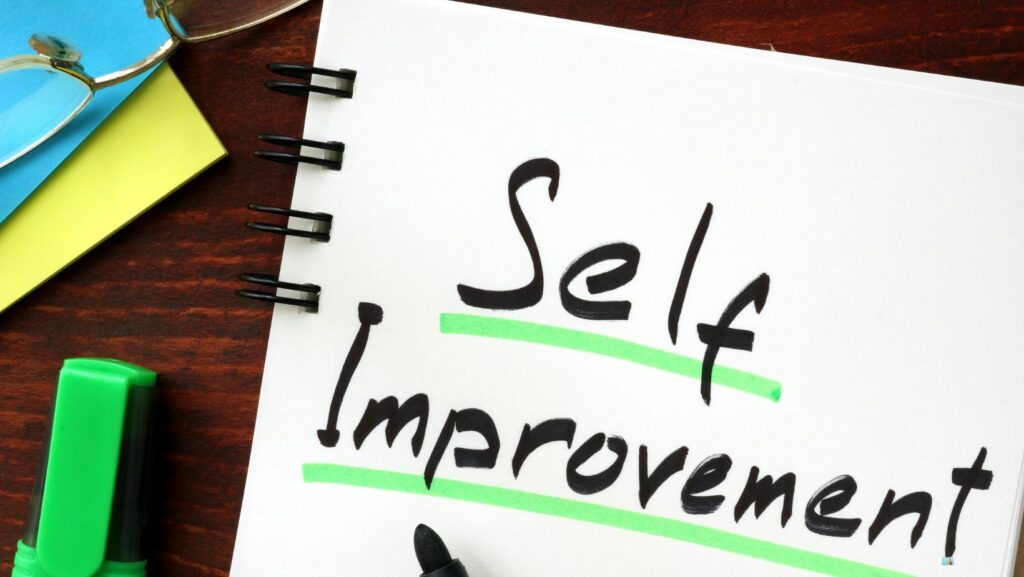In the bustling world of self-help and personal development, the ancient wisdom of Stoicism has surged back into relevance, offering timeless insights that are as practical today as they were two millennia ago. Stoic philosophy, with its emphasis on virtue, resilience, and the power of self-control, provides invaluable tools for anyone looking to enhance their personal growth and elevate their home design. Stoic quotes, distilled from the thoughts of philosophers like Marcus Aurelius, Seneca, and Epictetus, serve as concise, powerful reminders of how to navigate life’s complexities with grace and poise.
Stoic Quotes on Self-Improvement
 Stoic philosophy offers timeless wisdom that’s especially relevant to the pursuit of personal growth. This section explores how Stoic insights fortify self-improvement through mastery of thoughts and emotions.
Stoic philosophy offers timeless wisdom that’s especially relevant to the pursuit of personal growth. This section explores how Stoic insights fortify self-improvement through mastery of thoughts and emotions.
Stoicism, a philosophy founded in ancient Greece, teaches the development of self-control and fortitude as a means to overcome destructive emotions. Stoics believe that a clear distinction between what is in one’s control and what is not enhances life’s effectiveness and serenity. This foundational belief helps individuals focus on their reactions to external events rather than the events themselves.
How Stoicism Relates to Self-Improvement
In relation to self-improvement, Stoicism emphasizes understanding and managing one’s internal states. This includes fostering virtues like wisdom, justice, courage, and moderation, all crucial for personal development. By practicing Stoic principles, one gets better at responding calmly and effectively to life’s challenges, thereby improving resilience and overall well-being. Stoic quotes often mirror these themes, serving as guideposts for continual self-enhancement and peaceful living.
Key Stoic Principles for Personal Growth
Stoicism teaches powerful principles that directly impact personal development, emphasizing the importance of cultivating virtue and focusing on actionable aspects of one’s life. These concepts foster resilience and offer a path to a more contented and purposeful existence.
The Role of Virtue
 In Stoicism, virtue stands as the cornerstone of personal growth. Stoics believe that virtues like wisdom, courage, justice, and temperance form the basis of a good life. These virtues not only enhance personal character but also improve interactions with others. For instance, wisdom involves the judicious application of knowledge, which can help in making informed decisions that align with one’s long-term values and goals. Courage allows individuals to face challenges head-on, overcoming fears and persisting despite obstacles. Justice guides one to act fairly and empathically, fostering healthy relationships and community trust. Lastly, temperance regulates desires and impulses, ensuring that one’s actions remain in harmony with their overall objectives for growth.
In Stoicism, virtue stands as the cornerstone of personal growth. Stoics believe that virtues like wisdom, courage, justice, and temperance form the basis of a good life. These virtues not only enhance personal character but also improve interactions with others. For instance, wisdom involves the judicious application of knowledge, which can help in making informed decisions that align with one’s long-term values and goals. Courage allows individuals to face challenges head-on, overcoming fears and persisting despite obstacles. Justice guides one to act fairly and empathically, fostering healthy relationships and community trust. Lastly, temperance regulates desires and impulses, ensuring that one’s actions remain in harmony with their overall objectives for growth.
Focus on What You Can Control
A central teaching of Stoic philosophy is the differentiation between what is within one’s control and what is not. Stoics argue that focusing on elements one can influence directly fosters peace of mind and efficacy. This approach minimizes wasted energy on unchangeable circumstances and redirects focus towards personal agency and action. Examples include one’s perspective, decisions, and behavior rather than external events or others’ opinions. By concentrating on personal response and actions, individuals maximize their effectiveness and maintain mental clarity amidst life’s uncertainties.
Stoic Quotes on Self-Improvement
Stoic philosophy provides insightful perspectives on personal growth and improvement. Here, explore how key Stoic quotes inspire endurance, resilience, reflection, and mindfulness.
Quotes on Endurance and Resilience
 Stoic teachings emphasize the importance of developing endurance and resilience to face life’s challenges effectively. Marcus Aurelius, a prominent Stoic philosopher, once said, “You have power over your mind – not outside events. Realize this, and you will find strength.” This quote reflects the Stoic belief in focusing on what one can control, fostering an inner fortitude against external circumstances. Similarly, Seneca stated, “Fire tests gold, suffering tests brave men.” This highlights the idea that personal challenges serve as opportunities to build and demonstrate resilience, underpinning the Stoic value of enduring hardships with courage and strength.
Stoic teachings emphasize the importance of developing endurance and resilience to face life’s challenges effectively. Marcus Aurelius, a prominent Stoic philosopher, once said, “You have power over your mind – not outside events. Realize this, and you will find strength.” This quote reflects the Stoic belief in focusing on what one can control, fostering an inner fortitude against external circumstances. Similarly, Seneca stated, “Fire tests gold, suffering tests brave men.” This highlights the idea that personal challenges serve as opportunities to build and demonstrate resilience, underpinning the Stoic value of enduring hardships with courage and strength.
Quotes on Reflection and Mindfulness
Reflection and mindfulness form the core of Stoic self-improvement practices, aiming to cultivate a deeper awareness of one’s thoughts and actions. Epictetus, another influential Stoic, taught, “It’s not what happens to you, but how you react to it that matters.” This quote underscores the necessity of mindful reflection in shaping one’s response to events, encouraging a thoughtful and deliberate approach to life’s experiences. Another poignant quote from Marcus Aurelius advises, “Very little is needed to make a happy life; it is all within yourself, in your way of thinking.”

